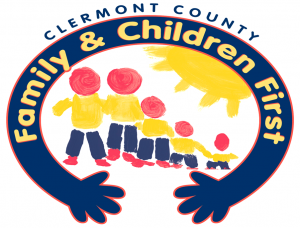I am Justina Pancake and am the mother of four children, ranging in age from 7 to 19 years old. I have my STNA (State Tested Nursing Assistant) license which has allowed me work in the community in a wide range of homes.
I have two sons and both are challenged by mental health issues. My oldest son has ADHD and my youngest son has Asperger’s and I continue to learn to manage his ever changing interests. My children have brought about many experiences with several agencies in Clermont County.
My family and I participated in and successfully transitioned from Wraparound. I applied for the position as a Peer Support Partner because I believe my experiences with my children and in the Wraparound process enable me to better support other families.
I have always had a passion for helping people. I am very excited to begin this process and meet other families, as well as, the professionals in the field.

